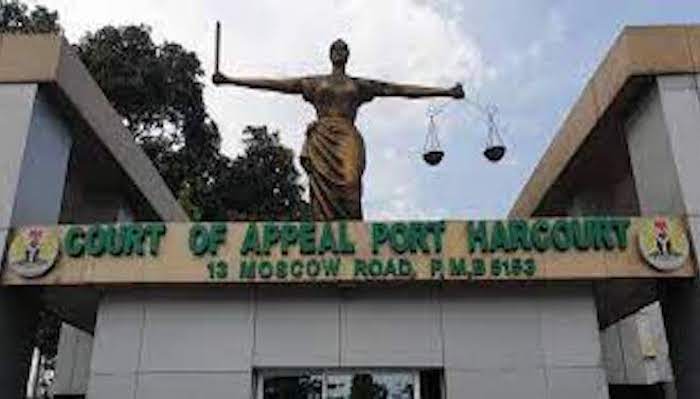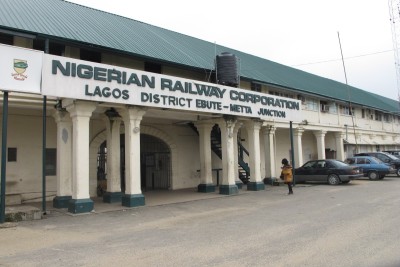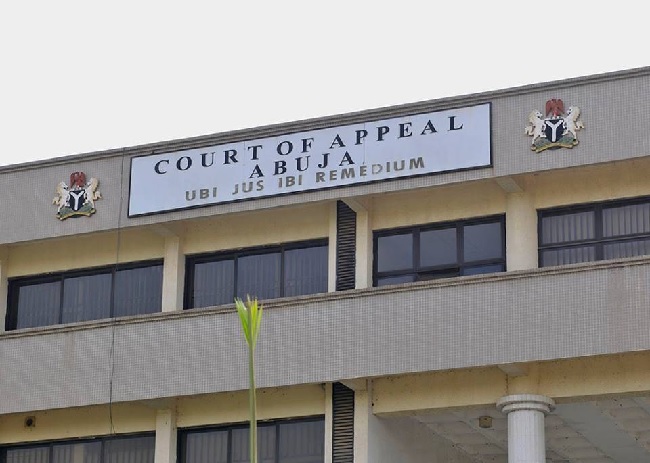 Apparently to correct inherent flaws inhibiting development at the grassroots, the Lagos State House of Assembly has begun a review of administrative laws of the Local Governments and Local Council Development Areas (LCDAs). Already penciled for major changes are the real functions of the local councils and rights to titles and chieftaincy in the state, SHAKIRAH ADUNOLA reports.
Apparently to correct inherent flaws inhibiting development at the grassroots, the Lagos State House of Assembly has begun a review of administrative laws of the Local Governments and Local Council Development Areas (LCDAs). Already penciled for major changes are the real functions of the local councils and rights to titles and chieftaincy in the state, SHAKIRAH ADUNOLA reports.
Almost 25 years after Lagos State House of Assembly passed administrative laws for local governments and its subsequent review in 2004, when additional 37 Local Council Development Areas (LCDAs) were created, the Assembly is set to review the laws, to ensure compliance and ultimately bring dividends of democracy to the people at the grassroots.
The Assembly disclosed this at its plenary on October 23 last year when the legislators came to the conclusion that the existing administrative laws for local governments are not only obsolete, but the leadership of the councils have over the years ignored the laws, leaving governance at the grassroots to chaos and lack of direction.
Recall that the first local government administrative law in Lagos was passed by the fourth Assembly in 1999 under the leadership of Dr Olorunimbe Mamora, who later proceeded to the Senate in 2003. The law was later reviewed in 2004 under the fifth Assembly, which was headed by Jokotola Pelumi, who was later impeached in December 2005.
The critical aspects of the council administrative laws, which the 10th Lagos State Assembly, being led by Mudashiru Obasa, is looking at for review are sections 36, 37 and part of 38 – all on the local government functions.
Specifically, Section 36 stipulates the main functions of a local government as the formulation of economic plans and development schemes for the Local Government Area; collection of rates and issuance of radio and television licenses; establishment and maintenance of cemeteries, burial grounds and home for the destitute or infirm; licensing of bicycles, trucks (other than mechanically-propelled trucks) canoes, wheelbarrows and carts; establishment, maintenance and regulation of slaughterhouses, slaughter slabs and markets.
Others include, motor parks and public conveniences; construction and maintenance of roads, street lights, drains, parks, gardens at Oba’s palace, open spaces or such public facilities as may be prescribed from time to time by the House of Assembly of the state; naming of roads and streets and numbering of houses; provision and maintenance of public conveniences, sewage and refuse disposal and assessment of privately-owned house tenements for the purpose to levying such as may be prescribed by the House of Assembly of the state.
Other parts of the same section mandates the assessment of privately-owned houses or tenements for the purpose of levying such rates as may be prescribed by the House of Assembly of the state; control and regulation of out-door advertising and boarding, movement and keeping of pets of all descriptions, shops and kiosks, restaurants, bakeries and other places for selling of food to the public, laundries, licensing, regulation and control of the sale of liquor; and registration of all births, deaths.
Section 37 provides for other functions of a Local Government to include participation in the government of a state in respect of “the provision and maintenance of primary, adult and vocational education; the development of agriculture and natural resources other than the exploitation of minerals; the provision and maintenance of health services and such functions as may be conferred on a local government by the House of Assembly of the state.”
However, findings have shown that most councils do not formulate any economic plans and development schemes, just as the councilors, who were supposed to be the legislative arms of the councils, merely exist in name.
Just as some governors are accused of reducing the legislative arm to mere rubber stamps, council chairmen are also guilty of similar offenses at the council level.
It was alleged that Governor Babajide Sanwo-Olu during his first term had to empower the councilors through some contracts in their various constituencies, as no resident can specifically say what the functions of their councilors are.
Under former Governor Babatunde Fashola, the administration has take up some responsibilities of the local councils, in ensuring that gated streets throughout the 57 local governments were opened to ease free flow of traffic. All have returned to status quo with the councils negligent of statutory responsibility.
Most glaring is the councils’ failure or negligence in enforcing basic environmental laws. The various councils also fall short of properly following what the laws say about chieftaincy and titles, hence, this has led to several litigation in the state. Bothered by the developments, the Assembly is set to return sanity to the councils and the surest way of achieving this as pointed out by the legislators is to review the laws.
One of the discoveries of the Assembly is the indiscriminate ways in which things are currently done at the local government level, which according to them contradicts the principles of administrative laws.
At the plenary, chairman of the House Committee on Local Government and Community Relations, Sanni Okanlawon, expressed concerns over reports of wrongful illegal acquisition of chieftaincy titles without proper approval, stating that some of the traditional titles were monetised, and only those who can afford the money ascend the stool.
He also stated that non-indigenous residents living in some parts of the state claim to be the head of the communities and such people have been making laws and regulations that are not in conformity with the local government laws.
An example of such is the case of Eze Igbo of Ajao Estate, Lagos Fredrick Nwajagu, who at a point vowed to invite members of the proscribed Indigenous People of Biafra (IPOB) to Lagos to secure properties of Igbo people during the last election.
The Assembly also suggested the regulation of the number of supervisors and special advisers in each local government council. According to the lawmakers, the number of supervisors and special advisers in local government councils is more than the speculated numbers, which are not supposed to be more than eight but now they are even more than 12. Moreover, all the roles and responsibilities of local administrators, procurement and budget officers, and auditors must be defined.
The lawmaker also suggested that the early practice of street naming should be reintroduced, pointing out the inordinate ways streets are named.
The Assembly observed that in Lagos State, streets and places were named in tune with history, culture, and happenings in a particular community, but today “what we have is different.”
Street names go to those who can afford it. The lawmakers argued that for a street to be named in anyone’s name, such a person must have contributed immensely to that community.
They said the review is necessary because the government gets revenue from this and after the demise of the people who own this street; their dues are left on paid. The local government must have the right to give the name of the street to another person who can afford it.
Supporting the decision of the Assembly, the National Coordinator of the Coalition of Pro-Democracy Groups for A Better Nigeria, Awa Bamiji, said laws are meant to regulate our daily activities in line with the constitution of the land where they are majorly enshrined and everything in life is bound to change except change itself.
He said: “If we must move forward as a society, our laws must be reviewed from time to time. For instance, in the case of chieftaincy titles, Olubadan of Ibadanland just became ‘His Imperial Majesty’. The government reviewed the chieftaincy laws to get this done.”
Bamiji said the same thing applied to street naming and Community Development Associations (CDAs) laws. He said there must be development or upgrade at one time or the other, in which a street either gets expanded to become a major road or expressway.
He added that the structure of CDAs can also be amended, and names can be changed when the need arises.













